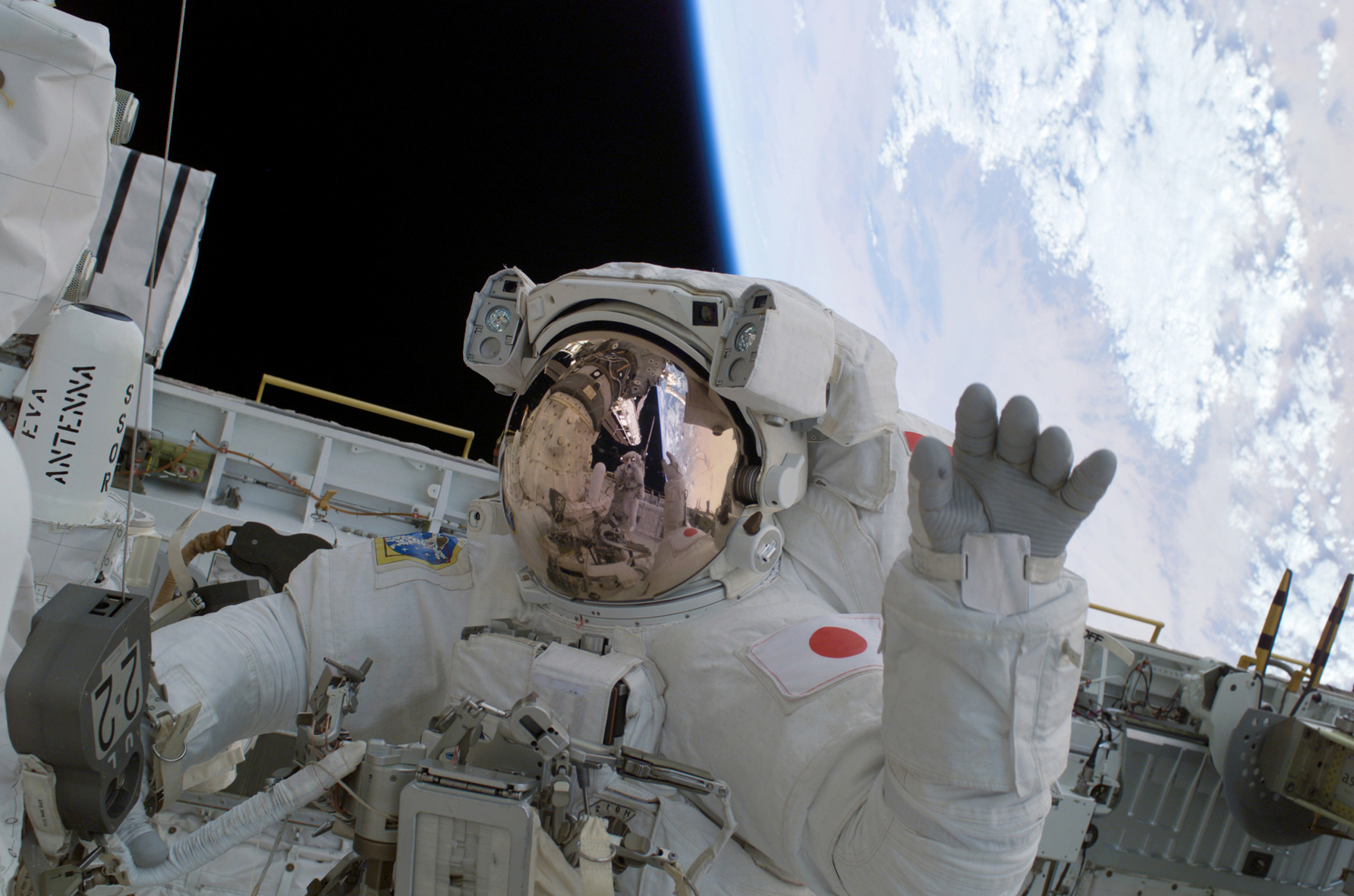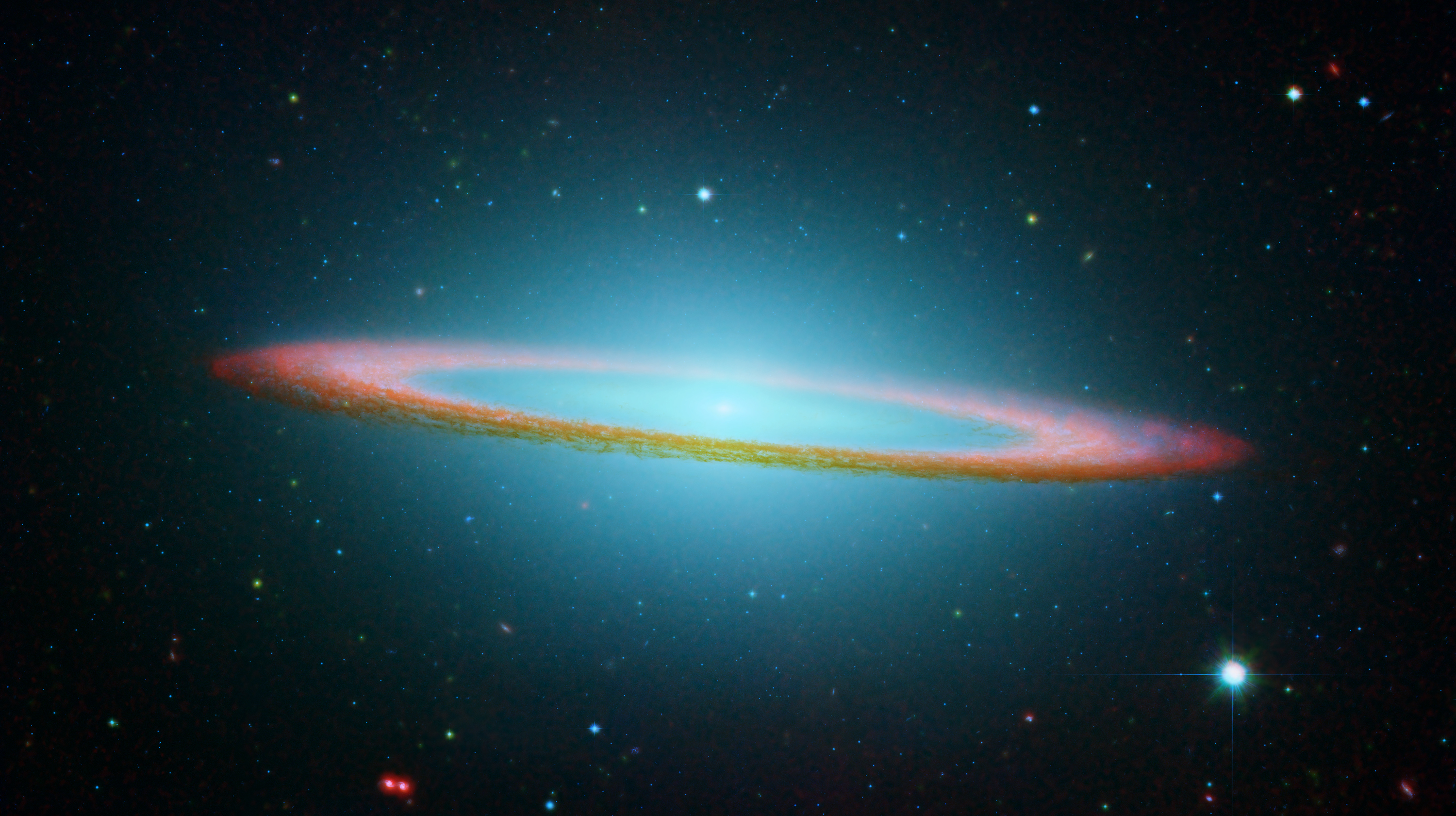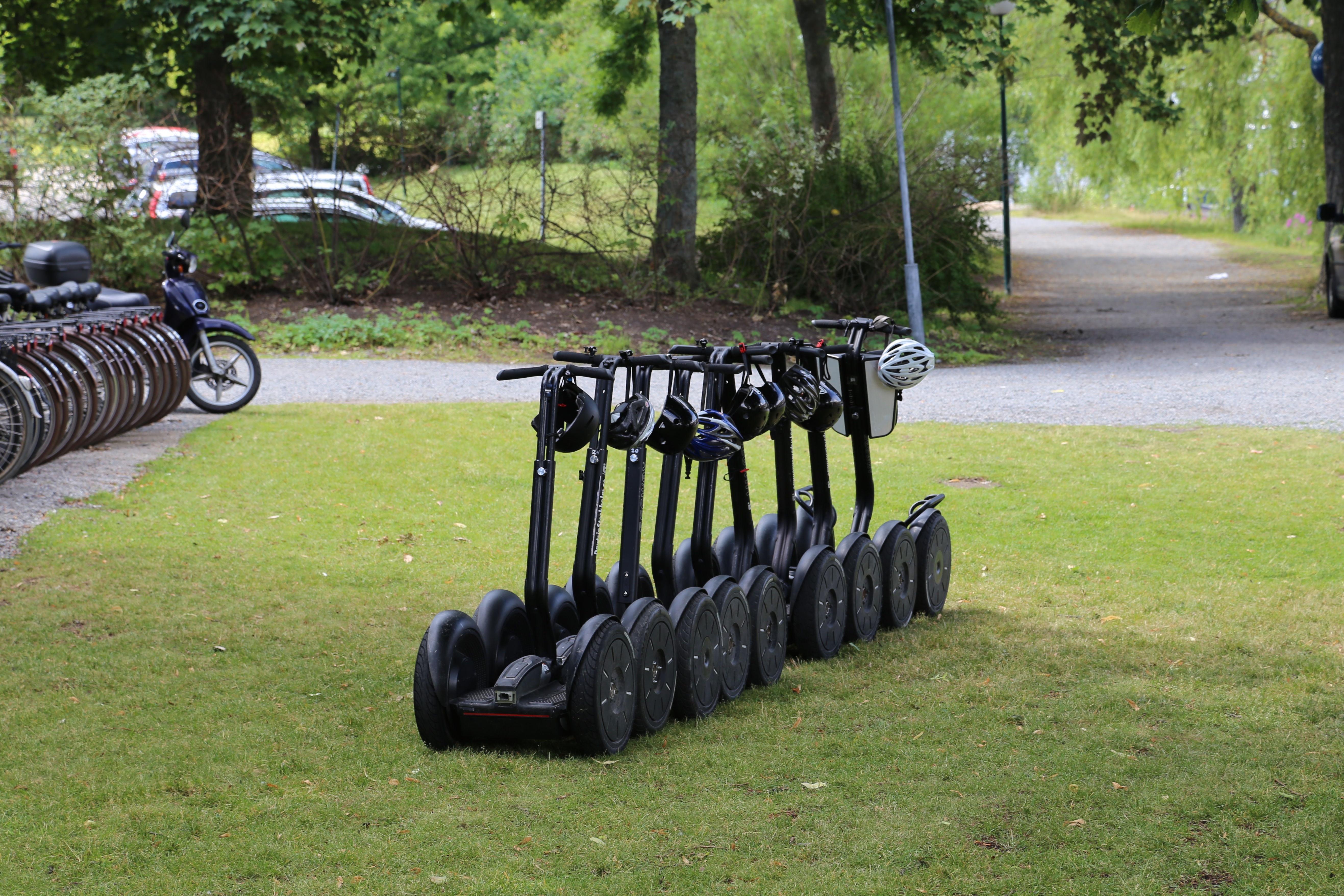11 Fascinating Facts About Living and Working on the ISS
The International Space Station (ISS) stands as a testament to human ingenuity and international collaboration, orbiting Earth at an altitude of approximately 420 kilometers. This floating laboratory is not just a marvel of engineering but also a unique environment where life and work defy the norms of our terrestrial existence. As we delve into the intricacies of daily life aboard the ISS, we uncover insights that not only broaden our understanding of space but also offer profound reflections on life and work here on Earth. From the physiological challenges posed by microgravity to the psychological dynamics of living in confined quarters, the ISS provides a rare lens through which we can explore the extraordinary.
1. The Microgravity Effect: A New Way to Move
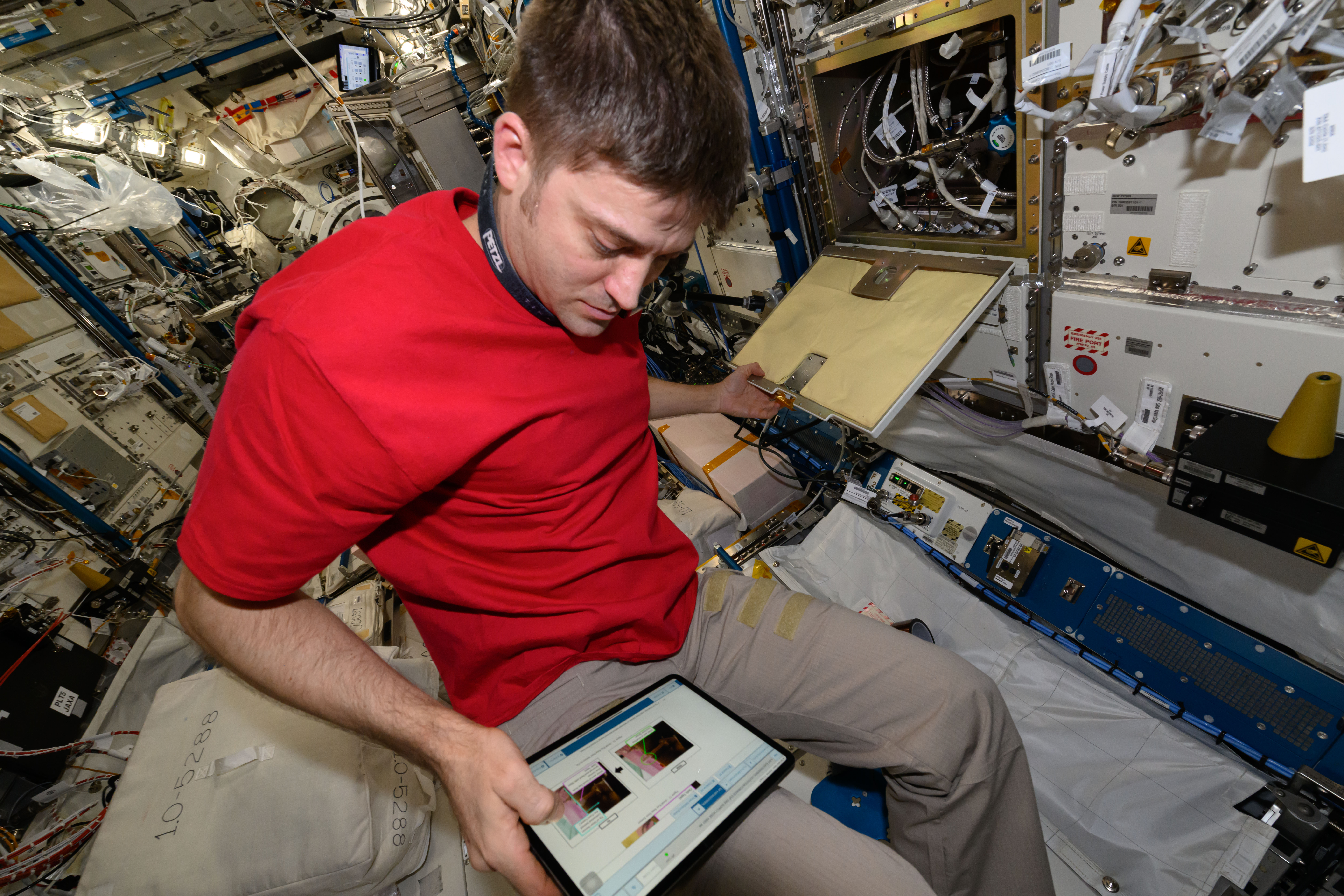
In the weightless environment of the ISS, astronauts experience microgravity, which drastically alters the way they interact with their surroundings. This lack of gravity means that simple tasks like walking or pouring a drink become complex challenges. Astronauts must learn to navigate by floating, using handrails and foot loops to stabilize themselves. This shift in movement requires a significant cognitive adjustment, enhancing spatial awareness and coordination. The lessons learned from these adaptations can influence how we approach problem-solving and innovation on Earth, encouraging us to think beyond conventional limitations and explore new ways of interacting with our environment.
2. Sleeping in Space: Resting Among the Stars
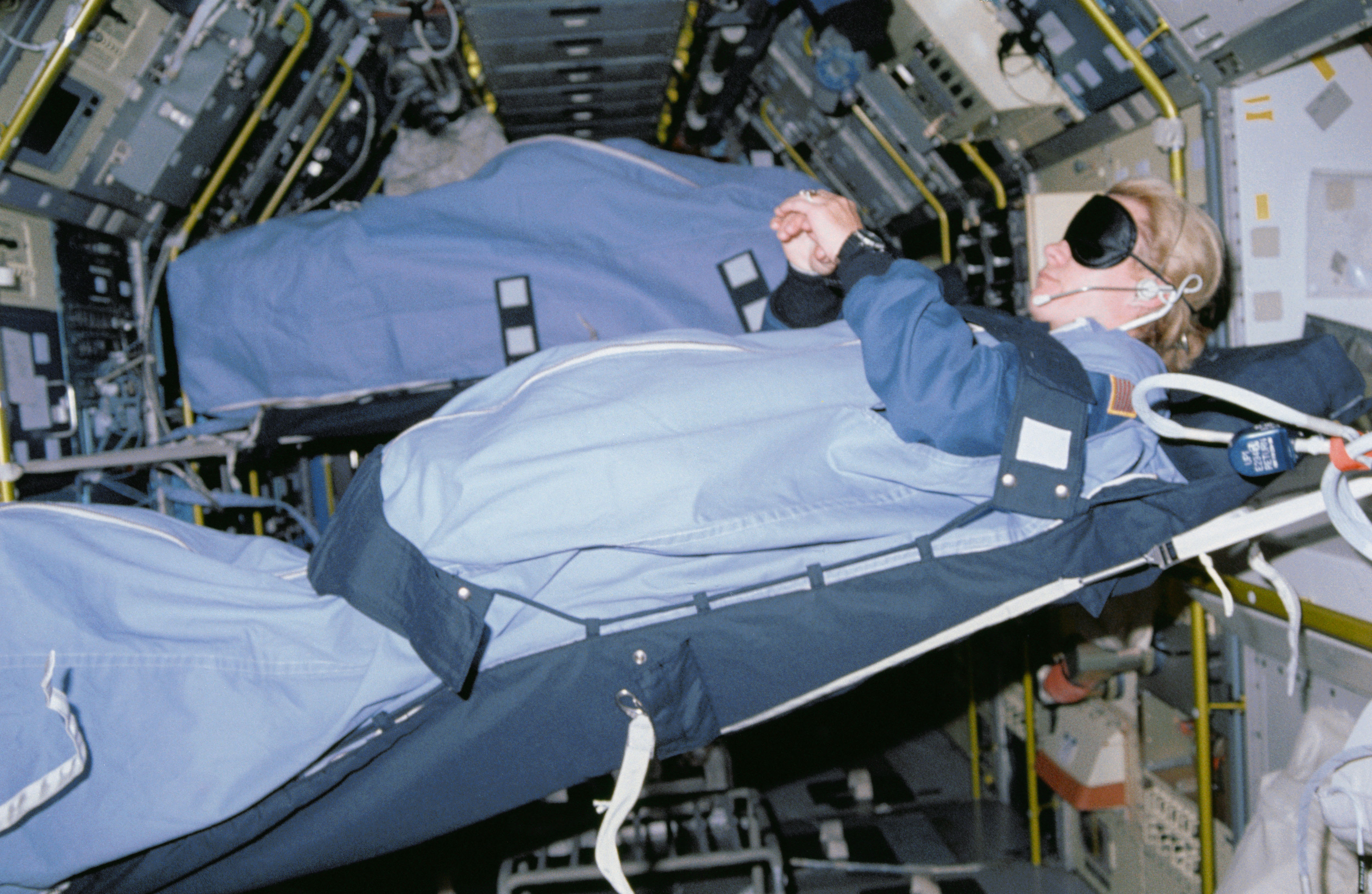
Sleep in space is a unique experience, with astronauts adapting to a 90-minute day-night cycle as the ISS orbits Earth. Without the natural cues of sunrise and sunset, crew members rely on scheduled sleep periods, aided by sleep masks and earplugs to block out ambient noise and light. The absence of gravity affects the body's natural sleep posture, often resulting in astronauts sleeping in a vertical position, secured in sleeping bags to prevent drifting. This adaptation highlights the importance of routine and environmental control in achieving quality rest, insights that can be applied to improve sleep hygiene on Earth.
3. The Art of Eating: Culinary Challenges in Orbit

Dining aboard the ISS presents its own set of challenges, as traditional cooking methods are impractical in microgravity. Instead, astronauts rely on pre-packaged, dehydrated meals that are rehydrated with water. The lack of gravity affects taste perception, often leading to a preference for spicier foods. This culinary experience underscores the importance of adaptability and innovation in meal preparation, as well as the role of food in maintaining morale and well-being. The creative solutions developed for space dining offer inspiration for addressing food sustainability and nutrition challenges on Earth.
4. Communication: Staying Connected Across the Cosmos

Effective communication is crucial in the isolated environment of the ISS, where astronauts must maintain contact with mission control and their families. Advanced communication systems enable real-time video calls and data transmission, bridging the vast distance between Earth and space. This constant connection not only ensures operational success but also supports the mental health of crew members. The emphasis on clear, concise communication and the use of technology to foster connection provides valuable lessons for enhancing collaboration and maintaining relationships in our increasingly digital world.
5. Psychological Resilience: Thriving in Isolation
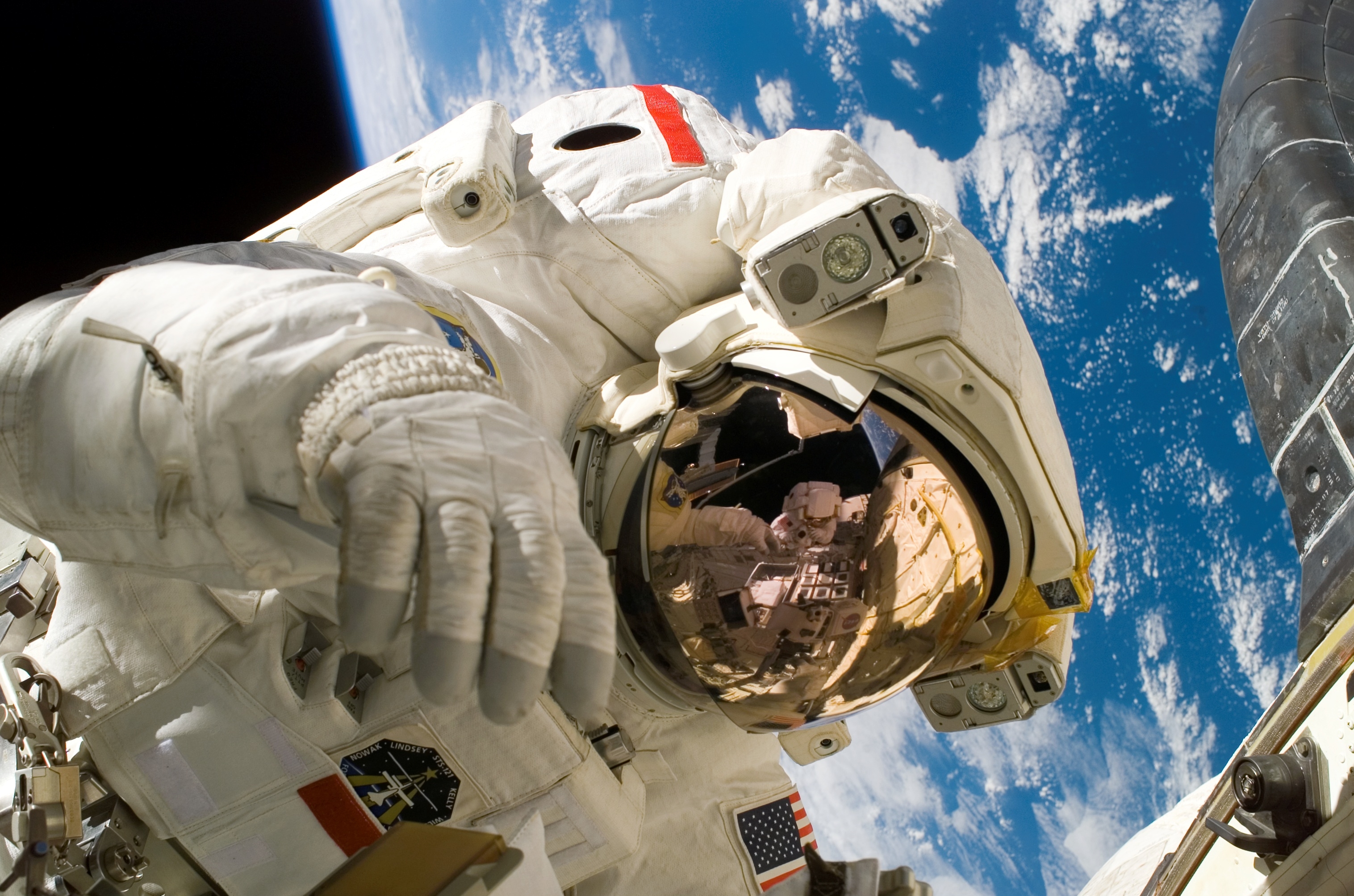
Living aboard the ISS requires a high degree of psychological resilience, as astronauts face extended periods of isolation and confinement. The crew undergoes rigorous psychological training to prepare for the mental challenges of space travel, learning techniques to manage stress, maintain focus, and foster teamwork. This resilience is supported by a structured routine, regular exercise, and opportunities for leisure activities. The strategies employed to cultivate psychological well-being in space offer insights into managing stress and enhancing mental health in our daily lives, particularly in situations of prolonged isolation.
6. Scientific Exploration: Research Beyond Earthly Boundaries

The ISS serves as a hub for scientific research, with experiments conducted in fields ranging from biology to materials science. The unique conditions of microgravity allow researchers to explore phenomena that are impossible to study on Earth, leading to breakthroughs in our understanding of fundamental processes. This research not only advances our knowledge of space but also has practical applications, such as developing new medical treatments and technologies. The collaborative, interdisciplinary nature of ISS research highlights the importance of global cooperation and innovation in addressing complex challenges.
7. Environmental Stewardship: Lessons in Sustainability

The closed-loop system of the ISS requires careful management of resources, with water and air being recycled to support the crew. This necessity for sustainable living encourages the development of innovative technologies that can be applied to environmental conservation efforts on Earth. The ISS exemplifies the principles of sustainability, demonstrating the feasibility of living within our means and minimizing waste. These practices provide a model for sustainable living, emphasizing the importance of resource management and environmental responsibility in preserving our planet for future generations.
8. Teamwork and Collaboration: Unity in Diversity
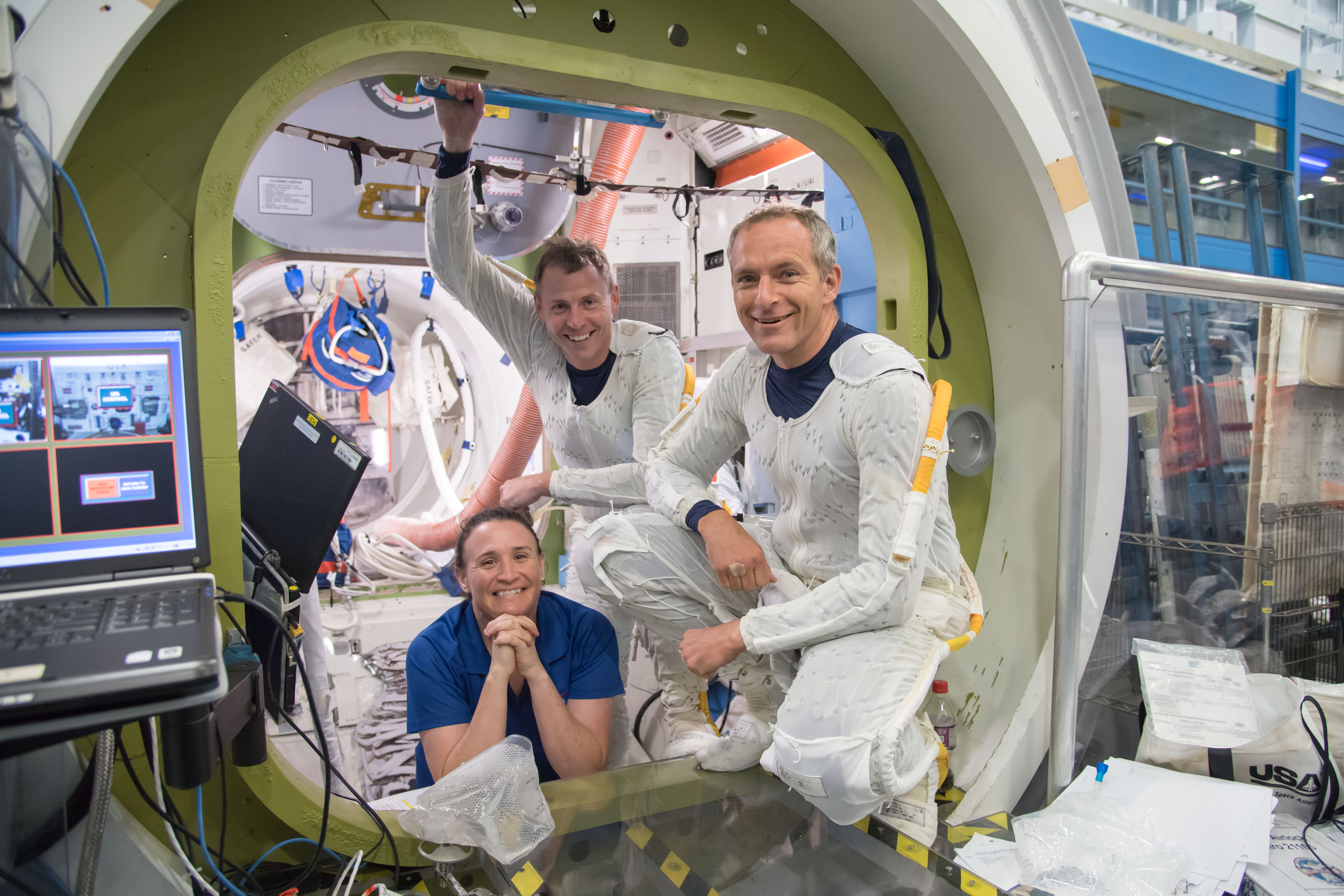
The ISS is a symbol of international cooperation, with contributions from space agencies around the world. The diverse backgrounds of the crew members foster a rich exchange of ideas and perspectives, enhancing problem-solving and innovation. The success of the ISS mission relies on effective teamwork and collaboration, with each member playing a crucial role in achieving shared goals. This environment underscores the value of diversity and inclusivity in fostering creativity and driving progress, offering lessons for building effective teams and nurturing collaboration in any setting.
9. Health and Fitness: Maintaining the Human Body in Space
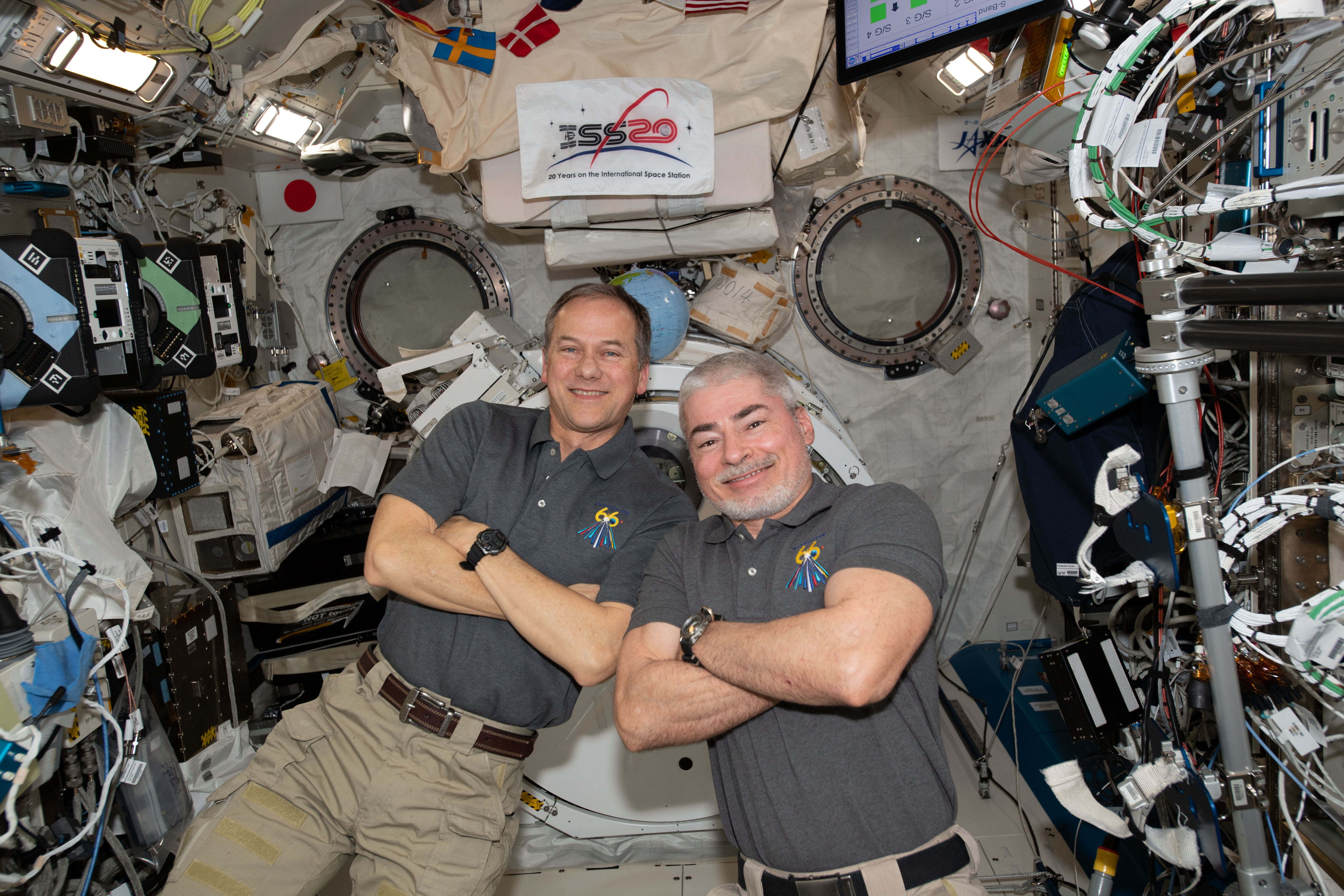
Maintaining physical health is a priority aboard the ISS, where astronauts must counteract the effects of muscle atrophy and bone density loss due to microgravity. A rigorous exercise regimen, including resistance training and cardiovascular workouts, is essential to preserving physical fitness. The focus on health and fitness in space highlights the importance of regular exercise and preventive care in maintaining well-being. These insights can inform public health strategies on Earth, emphasizing the role of physical activity in promoting long-term health and vitality.
10. Technological Innovation: Pioneering the Future
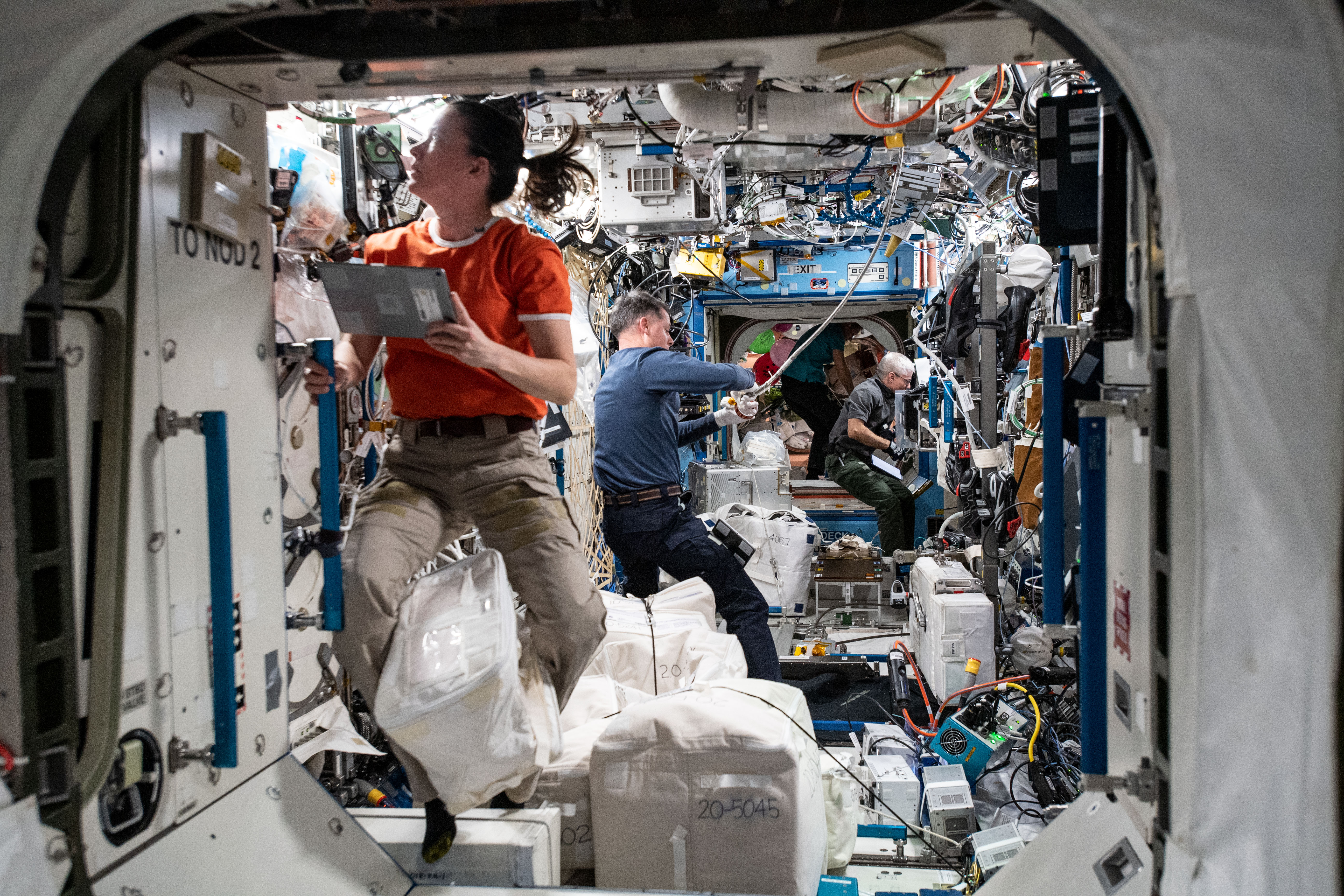
The development and maintenance of the ISS have driven significant advancements in technology, from life support systems to robotics. These innovations not only support the operations of the space station but also have broader applications, influencing fields such as healthcare, transportation, and telecommunications. The technological breakthroughs achieved in the pursuit of space exploration demonstrate the power of innovation in overcoming challenges and expanding the boundaries of what is possible. This spirit of innovation serves as a catalyst for progress, inspiring us to pursue transformative solutions to the challenges we face on Earth.
11. Education and Inspiration: A Gateway to the Stars
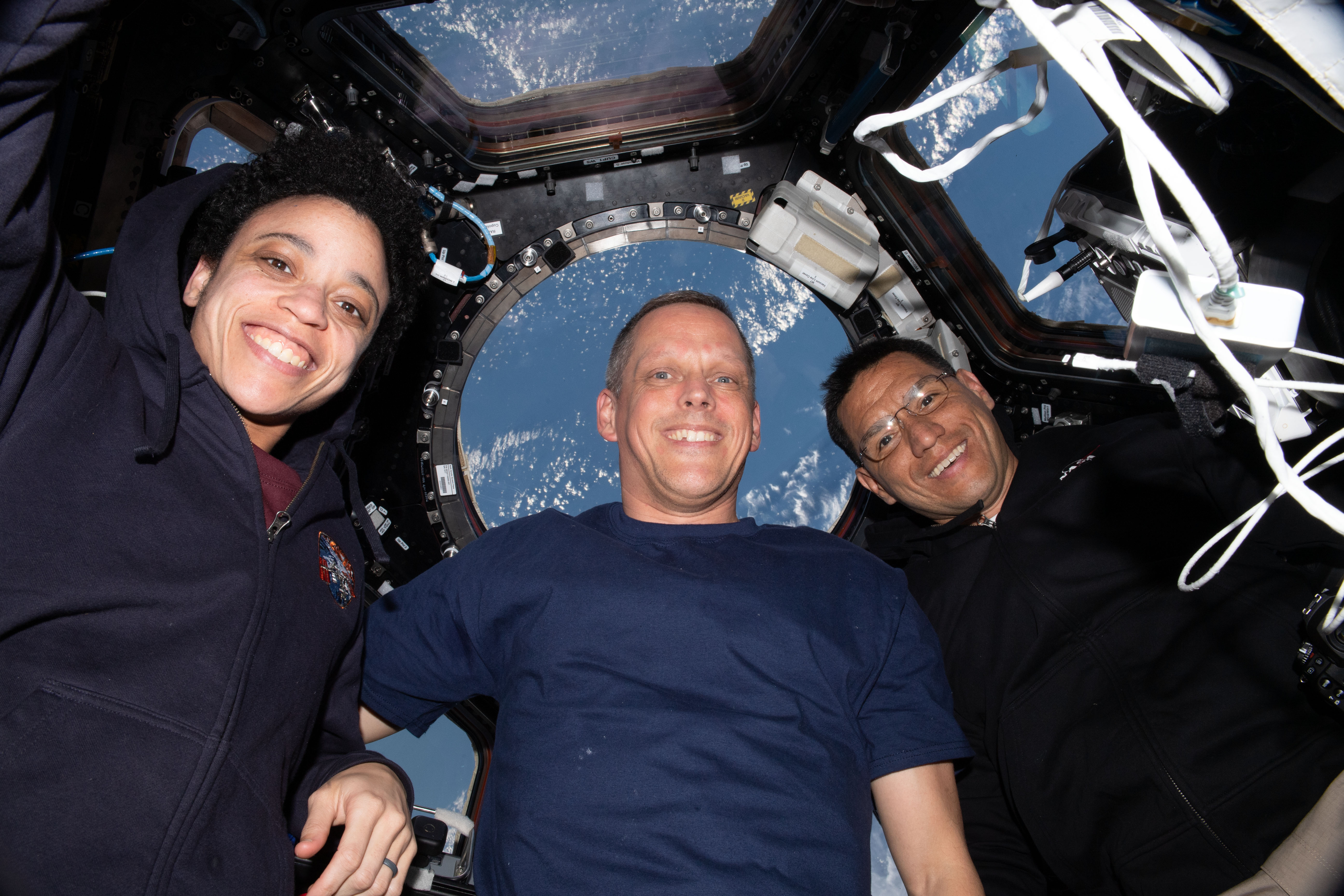
The ISS serves as a powerful educational tool, inspiring the next generation of scientists, engineers, and explorers. Educational programs and outreach initiatives bring the wonders of space exploration into classrooms around the world, sparking curiosity and a passion for learning. The stories and experiences of astronauts aboard the ISS captivate audiences, encouraging young people to pursue careers in STEM fields. This focus on education and inspiration underscores the importance of nurturing curiosity and fostering a lifelong love of learning, empowering individuals to reach for the stars and achieve their dreams.
Reflections from the Edge of Space
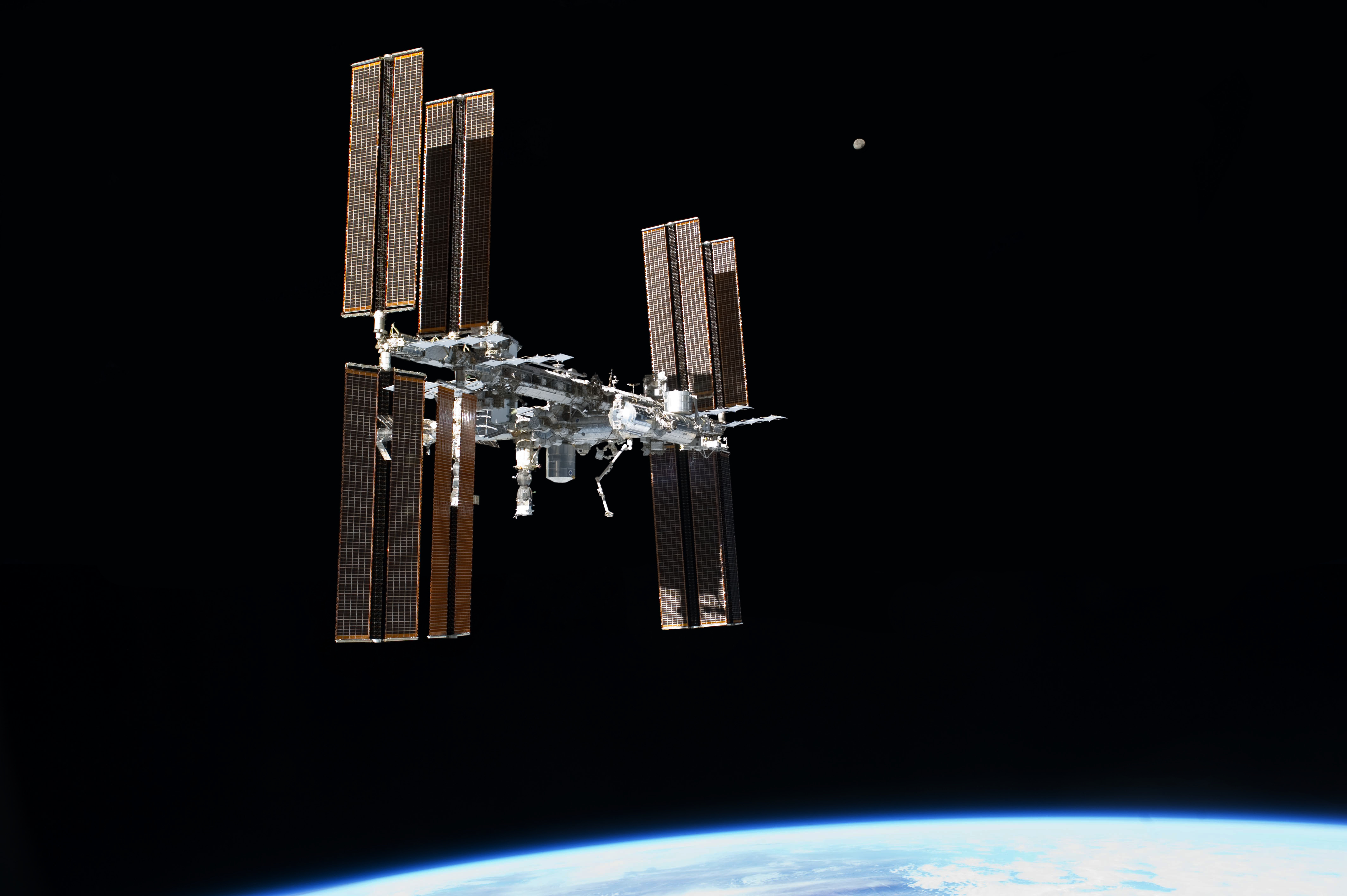
Life and work aboard the ISS offer a unique perspective on the human experience, challenging our understanding of what is possible and inspiring us to reach beyond the ordinary. The insights gained from this extraordinary environment have far-reaching implications, influencing fields as diverse as science, technology, and education. As we continue to explore the cosmos, the lessons learned from the ISS remind us of the importance of collaboration, innovation, and resilience in overcoming challenges and building a brighter future. The journey of the ISS is a testament to the boundless potential of human achievement, encouraging us to dream big and strive for the extraordinary in all aspects of life.



